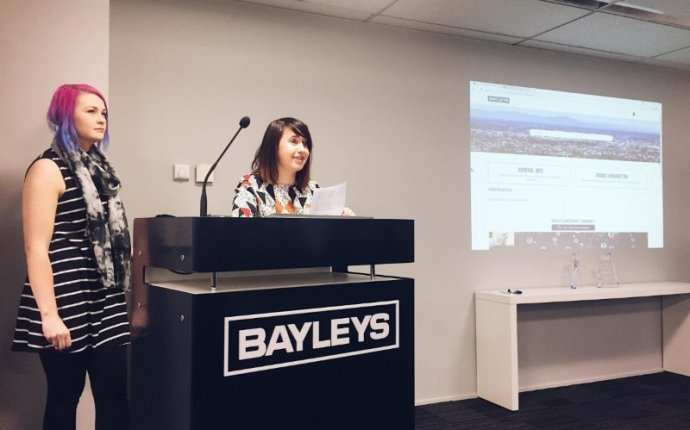
Psychological Issues in old Age
 Aging is a natural process that may present challenges for some individuals and their families. Although many older adults look forward to moving from middle age into their later years, it may be difficult for others to adjust.
Aging is a natural process that may present challenges for some individuals and their families. Although many older adults look forward to moving from middle age into their later years, it may be difficult for others to adjust.
All adults may experience health issues and stress as they approach and pass middle age, and the support of a therapist or other mental health professional may help ease the transition.
Find a Therapist
While some adults may approach their "Golden Years" eagerly, anticipating retirement, grandchildren, or simply a new phase of life, others may dread the physical and mental effects of aging. It may be difficult for some adults to face the transition to retirement, deal with new frailty or medical conditions, or find enjoyable, meaningful activities if they do experience physical challenges that limit their mobility. It may also be difficult for some older adults to face mortality, especially when friends, peers, or spouses and partners pass on, and they may come to experience isolation in the wake of many such deaths. Older adults may also find it challenging to attend to basic needs in the presence of Alzheimer’s disease or other forms of dementia, which affect approximately one in ten Americans of retirement age.Ageism, or discrimination based on a person's age, may also affect some older adults, and this practice may lead to forced retirement or cause well-intentioned loved ones to ignore an older adult's desires or opinions. According to a United Nations Population Survey, 37% of adults over the age of 60 reported experiencing age discrimination in the last year, and 43% were afraid of personal violence. Only 49% of these adults reported being treated with respect, which indicates that just over half of the adults surveyed had experienced instances of disrespect. Further, more than half of adults over the age of 60 found it difficult to pay for basic services, 66% wished they had an opportunity to work, and 47% worried "always" or "very often" about money.
Medical Issues of Aging
One of the challenges older adults may experience is distinguishing the normal effects of advancing age from signs of actual physical or mental illness. Many people over the age of 65 continue to live happy and healthy independent lives. Most older adults will experience some changes in cognition, but this is a normal part of the aging process. Researchers have found that healthy older adults often experience mild decline in the areas of:
- visual and verbal memory
- visuospatial abilities
- immediate memory, or the ability to name objects
- hearing and vision
- bodily strength
- appetite and energy level
Those who spend time with or care for older adults can help reduce the impact of these issues by using certain strategies to allow for varying degrees of impairment. Caregivers and family members might, for example, use plain language and focus on important details rather than unnecessary information, clearly communicate directions and use written reminders as memory aids, provide written information in an easy-to-read format and consider providing an audio format when necessary, and speak clearly and face to face.
Older adults who experience some limitations on their activity and abilities due to aging are often able to adapt to these changes and continue their lives in the manner they wish, occasionally with some type of assistance or accommodations.
Cognitive and Mental Health Concerns
Older adults often experience mild mental decline as they grow older, but some adults may be affected by dementia, which can lead to significant impairment in function and may influence the development of conditions such as depression, paranoia, and anxiety. Alzheimer's, a progressive condition that also impacts memory and mental function, is the most common form of dementia and is the cause of 50 to 80% of all cases of dementia in the United States.
Statistics show that about 15% of adults over the age of 60 have a mental health condition. Mental health concerns often experienced by older adults include:
- Anxiety, which affects 6% of older adults
- Sexual dysfunction and sleep problems. The likelihood of either of these conditions increases with age.
- Depression, which occurs in approximately 7% of the older adult population and is often undiagnosed and untreated. Older adults who live in a community have been shown to experience depression at lower rates than younger adults, however.
- Behavioral concerns, such as aggression, motor overactivity or wandering, and verbal outbursts. These are often caused by delirium, depression, or dementia.
- 2-5% of men and 1% of women over the age of 65 are dependent on drugs or alcohol, but the Substance Abuse and Mental Health Services Administration reports that by 2020, half of all Americans between the ages of 50 and 70 will be at high risk of alcohol and marijuana dependency, compared to fewer than 9% of all Americans in 1999.









